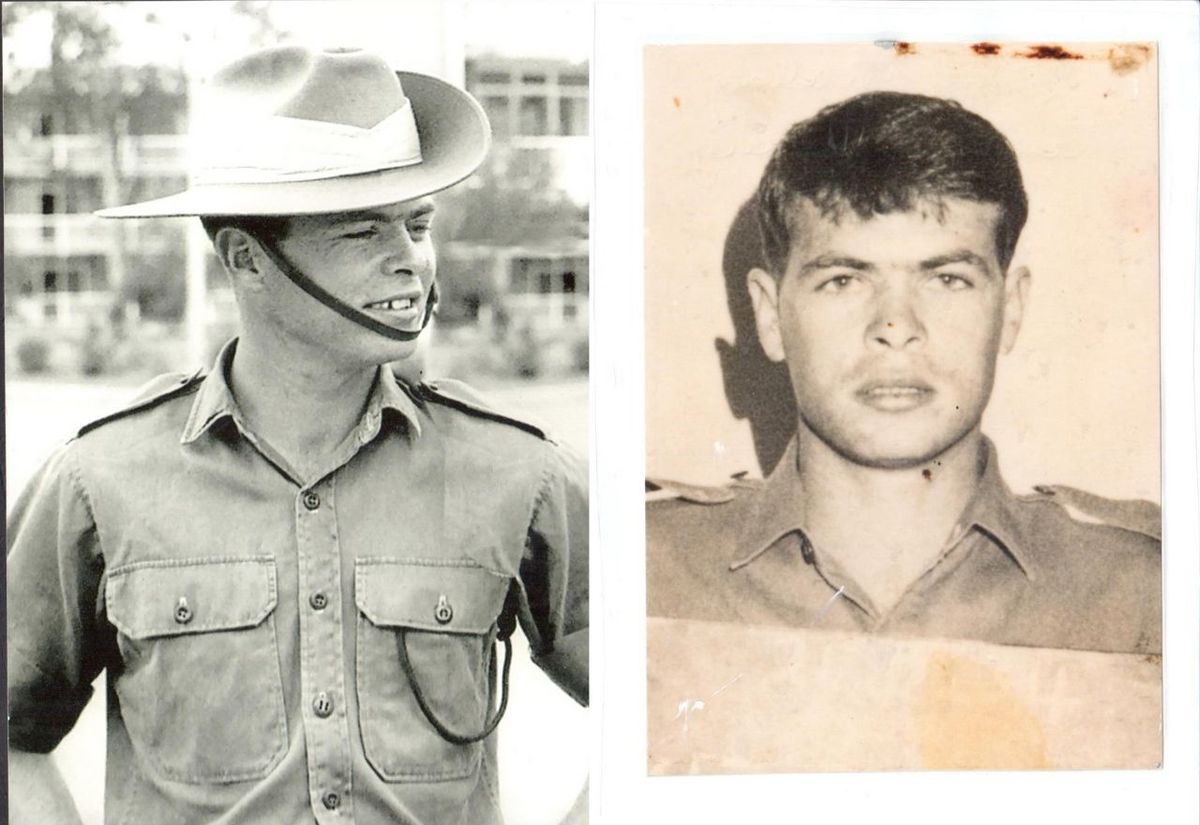Sharing veteran stories to solidify Remembrance Day's place in Australia
Laura Williams
10 November 2021, 8:00 PM
 Victor Bartley served in the Vietnam war for six years, and his experiences have guided him ever since.
Victor Bartley served in the Vietnam war for six years, and his experiences have guided him ever since. This morning, November 11, the world will gather in commemoration of those who have served in war, partaking in a minute’s silence at 11 am. For Bourke veteran and local RSL Club President Victor Bartley, the day is an opportunity to serve his country once again.
“I see it as a community service being a returned serviceman. People my age are a dying race, and the more we can get out and teach the younger generation about ANZAC Day and Remembrance Day, I can feel I’ve done my duty,” Mr Bartley said.
A Bourke councillor and the first Indigenous president of Australia’s oldest ex-services club in Marrickville, Mr Bartley has come a long way from his first experience with the Army in 1966, where being Indigenous deemed his application to serve in the Vietnam War redundant under the Flora and Fauna Act.
“I learned that my two friends didn’t tick the box to say that they were Aboriginal. I thought if they were going to go and fight in Vietnam, I’m going to go with them. So I did the same,” he said.
It wasn’t until he was twenty years old that he and other Indigenous people were counted as Australian citizens.
Mr Bartley describes the six years he spent in the Army as some of the best and most formative in his life.
“I learnt discipline, mateship, and friendship. Even now when we meet, we don’t shake hands, we cuddle. We cuddle because they’re my brothers in arms, and we’re still brothers,” he said.
Victor Bartley is one of two veterans who remain in the RSL club in Bourke, joined by a fellow veteran who served as a nurse in East Timor.
Earlier this year, it wasn’t just them but the entirety of the Bourke community who mourned the loss of the RSL Club building Diggers on The Darling, as it burned to the ground in a blaze that took the historical Oxley Hall with it.
“It was a big loss, there was so much history and memorabilia there,” Mr Bartley said.
Among the lost memorabilia were items from Mr Bartley’s own collection that he brought from Vietnam, including watercolour paintings of the Indigenous men and women that served alongside him.
As the site is still being cleared of the rubble – a task made more difficult by the asbestos in the building – Mr Bartley hopes to see the RSL rebuilt, ‘like the phoenix that rose out of the ashes',” he said.
“It’s a fair amount of money to rebuild and I can’t see it happening, but as a councillor, I’m in a good standing to find a new place to present any more memorabilia we can procure,” he said.
His biggest concern in having lost those pieces of history is for generations of the future.
“I want to be able to have something there so our younger generations can come along and say, ‘that person is my great-great-grandfather or grandmother'…if we can do something to rectify that situation, that would make me a lot more comfortable,” Mr Bartley said.
With Victor Bartley recounting his experiences, the urgency of the matter feels important, a rich piece of Australian history that is threatened with dilution each year.
“When I was President of the Marrickville ANZAC Memorial Club, the greatest honour I had was the privilege of leading the march into the Cenotaph in Martin Place in Sydney. I was the first person to walk into the service…I could feel the hair on the back of my neck stand up as people started clapping louder and louder. They were thanking us for our service, and it’s one of the best feelings I’ve ever had,” he said.
Today in Bourke, Mr Bartley will raise the Australian, Aboriginal, Torres Strait Islander and New Zealand flags side by side. The Australian National Anthem will be sung, followed by the New Zealand National Anthem sung in Maori.
“We don’t only turn up to remember and commemorate Australians who served, but New Zealanders also, because we are one when we fight together.”
"I came from nowhere, and I did nothing, but I achieved everything I wanted to in life, to serve my country and to look after my family."